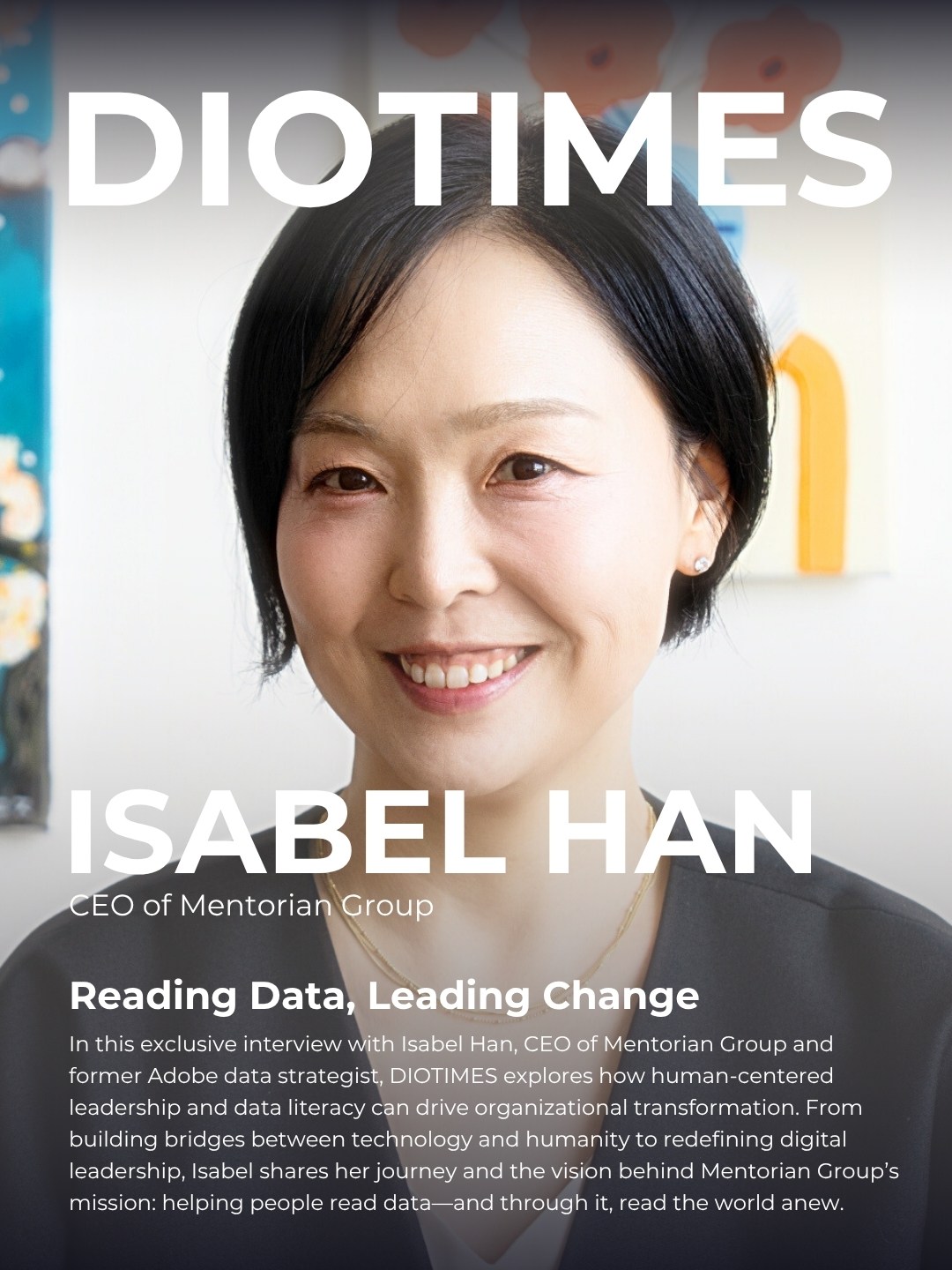The MBA, or Master of Business Administration, has long been seen as the pinnacle of business education. More than a century after its birth at Harvard Business School in 1908, the MBA remains one of the most recognizable and aspirational degrees worldwide. But in 2026, when online learning platforms, specialized master’s programs, and real-world startup experience compete for attention, a fundamental question arises: Does the MBA still matter?
As someone who earned my MBA at IE Business School in Madrid, I have lived this journey firsthand. I experienced the intense workload, the cross-cultural classrooms, the long nights of case studies, and the transformative conversations that stretched far beyond textbooks. I’ve also observed how the MBA brand has evolved in real time—what it gives, what it demands, and why it still holds its power today.
This article is both an analysis and a reflection: an attempt to clarify what the MBA truly represents in 2026, and why it continues to be a platform worth considering for ambitious professionals.
The Origins and Evolution of the MBA
The MBA was born in the United States during the industrial boom of the early 20th century. Harvard’s program launched in 1908 with just 33 students, designed to provide scientific, professional training for managers in an era when corporations were rapidly expanding. Over time, the MBA became a global export: first to Europe, then to Asia, and today to almost every continent.
The fundamental promise of the MBA has remained constant: to transform professionals into leaders capable of navigating complexity, leading organizations, and making high-impact decisions. But the way it delivers that promise has changed dramatically.
In the mid-20th century, the MBA focused heavily on finance, economics, and organizational theory. By the 1980s and 1990s, as Wall Street boomed, MBA programs became pipelines into investment banking and consulting. In the 2000s, as globalization intensified, international schools such as IE Business School, INSEAD, and London Business School gained prominence for their multicultural environments.
In recent years, MBA programs have had to reinvent themselves again: embracing technology, entrepreneurship, ESG (environmental, social, governance), and artificial intelligence. Schools that failed to adapt have slipped in rankings, while those that responded with agility—such as my alma mater, IE Business School—have thrived by positioning themselves at the intersection of innovation and global leadership.
What an MBA Really Is
On paper, the MBA is a degree that covers business fundamentals: accounting, finance, strategy, marketing, operations, and leadership. But reducing it to just “coursework” misses the point.
An MBA is really a platform for transformation. It is an environment designed to stretch individuals intellectually, emotionally, and socially. The components usually include:
Core Courses: Building the essential toolkit of business analysis.
Electives: Allowing specialization in areas like digital transformation, venture capital, or sustainability.
Case Method & Experiential Learning: Developing decision-making skills under uncertainty, often with incomplete information.
Networking & Community: Connecting with peers from dozens of nationalities, industries, and perspectives.
Leadership Development: Focusing on self-awareness, resilience, communication, and the ability to inspire.
When I walked into IE’s Madrid campus, I quickly realized the MBA was not about learning formulas or frameworks—it was about learning myself. Could I lead a team under pressure? Could I negotiate with people from vastly different cultures? Could I articulate a vision clearly enough to move others? Those were the lessons that truly mattered.
Why the MBA Still Matters in 2026
So, why does the MBA remain relevant in an era when you could theoretically learn finance from YouTube or strategy from a $50 online course?
1. The Power of Network
The MBA is first and foremost a gateway into a global network. Your classmates become your collaborators, partners, and lifelong connections. At IE, I studied alongside peers from over 70 nationalities. That diversity is irreplaceable. In one week, I could debate strategy with a Colombian entrepreneur, analyze data with an Indian engineer, and brainstorm a marketing campaign with a Ukrainian doctor.
This network continues long after graduation. I have seen how IE alumni across the world open doors, share opportunities, and create collaborations that would have been impossible without that shared bond.
2. Career Acceleration and ROI
Critics often point out the high cost of an MBA. And yes, tuition plus living expenses can exceed $150,000 at top schools. But the return on investment (ROI) remains compelling. MBA graduates often see their salaries double within a few years, especially in consulting, finance, and tech.
More importantly, the MBA accelerates not just income but trajectory. Instead of climbing the ladder one rung at a time, the MBA allows many to leapfrog into leadership roles, career pivots, or even entirely new industries.
3. Brand Value and Signaling
In competitive markets, brand matters. An MBA from a top-ranked school functions as a powerful signal: it conveys credibility, analytical ability, and leadership potential. Employers may not know you personally, but they know what it took to earn that degree.
In my own journey, I’ve seen the IE Business School name open doors in international business settings where credibility is everything. It doesn’t guarantee success—but it grants access.
4. Adaptability to a Changing World
MBA programs are no longer rigid, finance-dominated silos. They now integrate AI, entrepreneurship, digital transformation, and ESG into the curriculum. Schools like IE are experimenting with blended learning models, startup accelerators, and innovation labs.
This adaptability ensures that the MBA continues to evolve alongside global business, rather than being left behind by it.
5. Leadership in Complexity
Perhaps the most undervalued reason why the MBA still matters is leadership training. In an age defined by volatility—economic shocks, technological disruption, geopolitical tension—the ability to make decisions, lead diverse teams, and adapt under pressure is more critical than ever.
The MBA provides a laboratory for this kind of growth. You fail in a safe environment, reflect on it, and then carry those lessons into the real world.
Challenges Facing the MBA
Of course, the MBA is not without its challenges. Tuition inflation makes it inaccessible for many talented individuals. The rise of specialized master’s programs (such as Master in Finance or Master in Analytics) can offer cheaper, more targeted alternatives. Online platforms like Coursera and edX provide access to knowledge without the six-figure price tag.
There is also the growing narrative that real-world startup experience may outweigh classroom learning. For entrepreneurs, launching a business might teach more in two years than sitting in lectures.
These critiques are valid. The MBA is not the right path for everyone. But what critics often overlook is that the MBA is more than an academic product—it is a transformational ecosystem. And ecosystems are harder to replicate than knowledge.
Personal Reflections from IE Business School
When I think back to my MBA journey in Madrid, a few experiences stand out. The late nights of case study preparation taught me resilience. The heated debates in class taught me diplomacy. The entrepreneurship projects pushed me out of my comfort zone.
But above all, it was the people. The lifelong friendships, the cross-border collaborations, and the global mindset I built at IE continue to shape everything I do today. The MBA was not just a credential—it was an accelerator of identity.
This is why I argue that in 2026, the MBA is not obsolete. It is simply different. It is not for everyone, but for those who approach it strategically, it remains one of the most powerful platforms to redefine a career, expand a network, and amplify influence.
Danny Han’s Insights
Here is how I interpret the MBA as of 2026:
Not a Degree, but an Investment Asset: An MBA should be viewed as high-risk, high-return investment capital. The tuition is the upfront cost; the dividends are long-term network access, brand equity, and career mobility.
Global Passport: In a fragmented world, the MBA provides a passport to global leadership—connecting professionals across borders, industries, and ideologies.
A Platform for Reinvention: The MBA is no longer just a stepping-stone to consulting or banking. It is a platform to pivot careers, launch ventures, or even enter policy and social impact.
The Real Value Lies in People: Case studies fade, frameworks evolve, but the people you meet and the relationships you forge last decades. That is the hidden currency of the MBA.
Conclusion
So, what is an MBA in 2026? It is more than a century-old degree that has continually adapted to remain relevant. Why does it still matter? Because in a world where information is free but access and credibility are scarce, the MBA provides something no online course can replicate: a global community, a recognized brand, and a crucible for leadership.
As an IE Business School graduate, I can testify that the MBA was not just about what I learned, but about who I became. It challenged me, transformed me, and expanded my horizons in ways no textbook could.
The MBA is not for everyone, and it is certainly not the only path to success. But for those who choose it wisely, it remains one of the most powerful platforms for growth available today.






